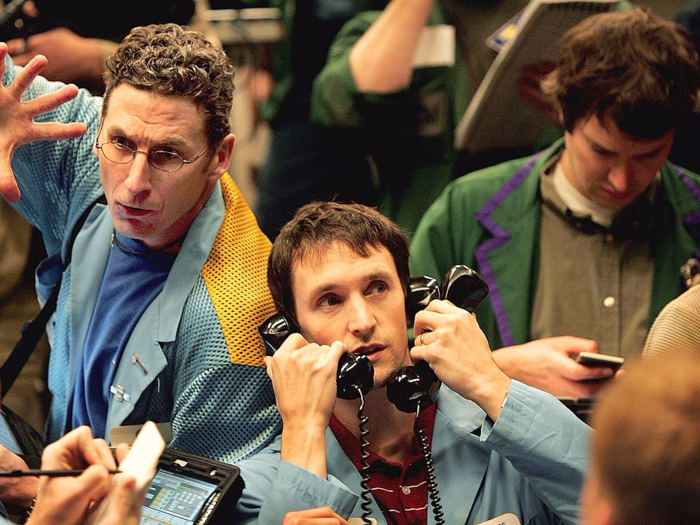- Home
- slideshows
- miscellaneous
- 8 common mistakes startup founders make, according to former executives at Facebook and Foursquare
8 common mistakes startup founders make, according to former executives at Facebook and Foursquare
They're chasing high valuations instead of building real businesses.

They try to do too many things at once.

While being an entrepreneur can often require dabbling in many different roles, Rahn said that founders should always play to their strengths. "It's not about being mediocre at three things, it's about gaining expertise in really individual areas of focus," said Rahn. "When you do that and you scale that, you can conquer just about anything."
They hire the wrong people.

Rahn said that entrepreneurs should never underestimate the importance of putting the right person in the right role. Rahn, who said he's hired close to three hundred people in his former position at Facebook, said that bringing mediocre people onboard can destroy a product, even if that product is inherently great. However, said Rahn, this works the other way, as well: "The best people on the best teams can still make a mediocre product spectacular."
They're the smartest person at their company.

"When I joined Facebook, the number one rule was that you always had to hire someone that could replace you on day one," said Rahn. "By the time I was done hiring 100 people, I was very replaceable."
While this kind of ethos might make founders confront their insecurities, Rahn said that it's a proven method for driving company growth. "I used to kid around that I went from being a really smart person to the least smart person in the room," Rahn said. "It made me feel very insecure in the beginning, but it ensured that the company never dropped in quality.
They're too impatient.

The tremendous pressure founders face can often result in making hasty business decisions, but Rahn said that's it's important that they take a step back and reassess.
"A lot of founders are hiring too quickly or trying to solve their problems too fast because they feel they have a gun to ther head," he said."It's important to remember that you need patience to build something great."
They can't admit when they have a problem.

"If you can't admit that you have a problem then something is very wrong," former Foursquare president Steven Rosenblatt told Business Insider. "You have to be honest and willing to admit when something is wrong. Everyone has problems, and every startup I've ever worked with has had problems, but you need to be humble and acknowledge when things aren't working."
They aren't transparent with their employees.

"The more transparent you can be, the better," said Rosenblatt. "If I work for a founder that isn't transparent, the first thing I think is: What is this founder not telling me? You need to be able to answer hard questions."
They're too afraid to ask for help.

"Most founders are afraid," said Rahn. "They've just taken 10 or 20 million from a list of board seats and investors and they've sold them on the fact that they have a great product and a great team. It's really hard to say, 'Thanks for buying in! By the way, I need a lot of help.'"
Rahn stressed that founders should attempt to be as forthright with their investors as possible, especially when a certain board member might have an area of expertise that could help them out. "Sometimes founders need help bridging the gap and connecting with their own board members," said Rahn. "They shouldn't be too intimidated to engage in tough conversations with their investors."
Popular Right Now
Popular Keywords
Advertisement